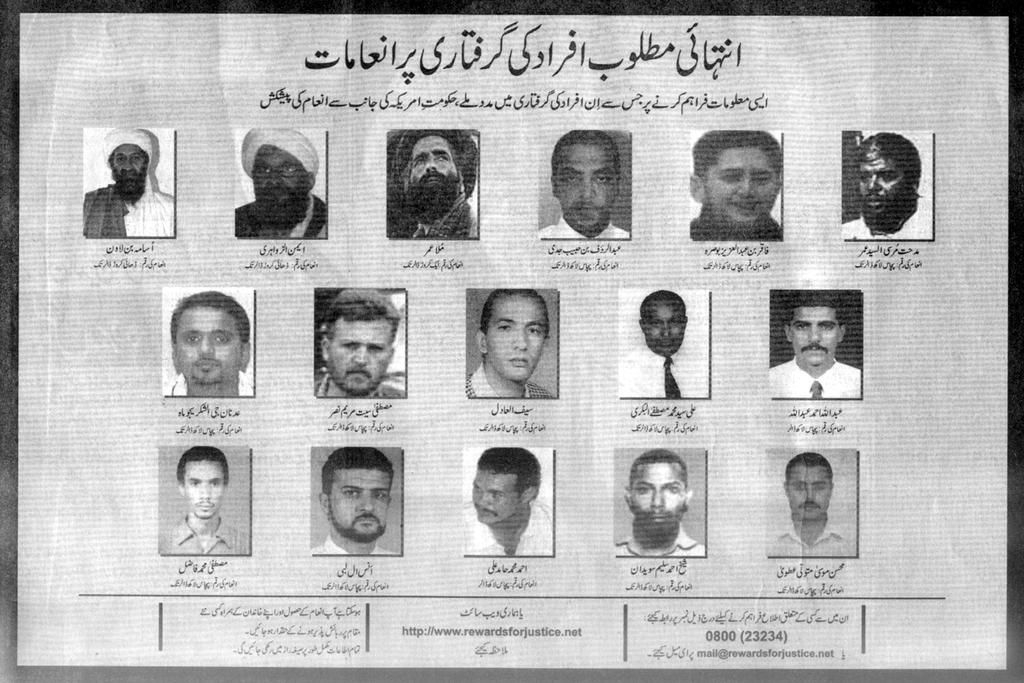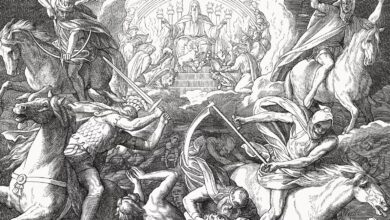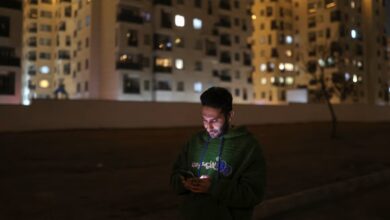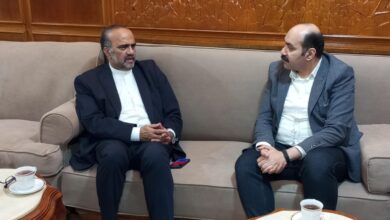
WASHINGTON (Reuters) – Al Qaeda’s second-in-command, accused of helping to mastermind the 1998 bombings of two US embassies in Africa, was killed in Iran in August by Israeli operatives acting at the behest of the United States, the New York Times reported on Friday, citing intelligence officials.
Abdullah Ahmed Abdullah, who went by the nom de guerre Abu Muhammad al-Masri, was gunned down by two men on a motorcycle in the streets of Tehran on Aug. 7, the Times reported.
The killing of Masri, who was seen as a likely successor to al Qaeda’s current leader, Ayman al-Zawahiri, was kept secret until now, the newspaper said.
It was unclear what, if any, role the United States had in the killing of the Egyptian-born militant, the Times said. US authorities had been tracking Masri and other al Qaeda operatives in Iran for years, it said.
Al Qaeda has not announced his death, Iranian officials have covered it up and no government has publicly claimed responsibility, the Times said.
Iran on Saturday denied the report, saying there were no al Qaeda “terrorists” on its soil.
Foreign Ministry spokesman Saeed Khatibzadeh said in a statement that the United States and Israel sometimes “try to tie Iran to such groups by lying and leaking false information to the media in order to avoid responsibility for the criminal activities of this group and other terrorist groups in the region”.
The administration of US President Donald Trump’s “scare-mongering tactic against Iran has become routine,” Khatibzadeh said.
A US official, speaking to Reuters on condition of anonymity, declined to confirm any details of the Times’ story or say whether there was any US involvement. The White House National Security Council did not immediately respond to a request for comment.
Masri, one of al Qaeda’s founding leaders, was killed along with his daughter, the widow of former al Qaeda chief Osama bin Laden’s son, Hamza bin Laden, the Times reported.
Osama bin Laden orchestrated the Sept. 11, 2001, attacks on the United States and was killed in a US raid in Pakistan in 2011.
Shiia Iran and al Qaeda, a Sunni Muslim militant organization, have long been enemies.
Masri had been in Iran’s “custody” since 2003 but had been living freely in an upscale suburb of Tehran since 2015, the Times cited unnamed US intelligence officials as saying.
US counterterrorism officials believe Iran, also a US enemy, may have let him live there to conduct operations against US targets, the Times said.
It was not immediately known what, if any, impact Masri’s death has had on al Qaeda’s activities. Even as it has lost senior leaders in the nearly two decades since the attacks on New York and Washington, it has maintained active affiliates from the Middle East to Afghanistan to West Africa.
Reporting by Matt Spetalnick and Mark Hosenball; additional reporting by the Dubai newsroom; editing by Leslie Adler and Sonya Hepinstall
Image; FILE PHOTO: A notice placed in the Pakistani daily newspaper Jang by the U.S. embassy August 22, 2005 shows militants including al Qaeda leader Osama bin Laden. The notice offers rewards for any information which could lead to the capture of the men. (Top row L-R) Osama bin Laden $25 million, Ayman al-Zawarhiri $25 million, Mullah Omar $10 million, Abderraouf Ben Habib Jdy, Faker Ben Abdalaziz Boussora, Midhat Mursi al Sayyid Umar, all $5 million. (Middle row L to R) Adnan G. El Shukrijumah, Mustafa Setmariam Nasar, Saif al Adel, Ali Sayyid Mustafa al Bakri, Abdullah Ahmed Abdullah, all $5 million. (Bottom row L to R) Mustafa Mohammed Fazul, Anas al Liby, Ahmed Mohammed Hamed Ali, Sheikh Ahmed Salem Swedan and Muhsin Moosa Matwalli Atwah, all $5 million. REUTERS/Zahid Hussein




